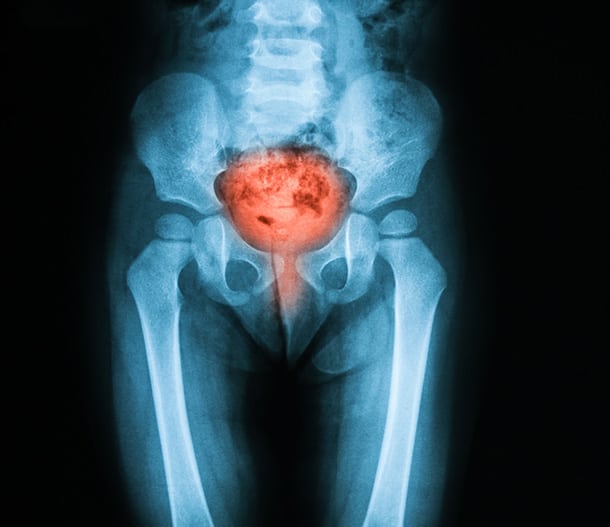
Urinary tract infections (UTIs) refer to any type of irritation that affects the urinary system.
While UTIs often occur in or around the bladder, the kidneys and connecting tubes called ureters are sometimes affected. Some UTIs are a one-time occurrence with mild symptoms.
- However, there are times when urinary tract infections keep returning.
- It’s severe and recurring infections that often require attention from a doctor specializing in urological conditions.
What Causes a Urinary Tract Infection?
Bacteria that enters the urinary tract is usually what causes a urinary tract infection to develop and spread. Bacteria can also get to this area from the digestive tract and move into the bladder. It’s usually Escherichia coli (E. coli) bacteria that are responsible for UTIs, although other types of bacteria can also cause an infection to develop.
What Causes Recurring UTIs?
Urinary tract infections that periodically return, also referred to as chronic UTIs, are usually a symptom of an underlying condition. Contributing factors may include an infection in the urethra where urine passes through and kidney or bladder stones. Some patients develop recurring UTIs because of a genetic predisposition for such infections or a urinary tract that’s abnormally shaped or deformed.


Symptoms and Risk Factors
The fact that women have a shorter urethra than men may be part of the reason why UTIs are more common in women than men. Kidney stones and other urinary tract blockages, diabetes and other conditions that may affect the immune system, and regular catheter use are some of the common risk factors that might contribute to a UTI. Other than frequently urinating in smaller amounts, early signs of an infection are sometime minimal. More noticeable symptoms suggesting a UTI may include:
• Burning sensations while urinating
• Cloudy or discolored urine
• Pelvic or lower abdominal pain
• Urine with a strong odor
• Nausea, vomiting, fever, and chills
How is a UTI Diagnosed?
If not treated, urinary tract infections may affect kidneys or contribute to premature or preterm labor in pregnant women. A urine sample can determine if someone has a urinary tract infection. A urine culture is sometimes grown in a lab following a urine analysis to identify the type of bacteria causing the infection so the correct medication can be recommended. An examination of the bladder with a cystoscopy, involving a long tube with a lens attached, may be done to determine the extent of the infection.
Treatment Options
Most UTIs are treated with antibiotics. The type of antibiotics recommended will depend on the type of bacteria involved and extent of the infection. A short course of treatment is often all that’s necessary for simple infections. If no other medications are effective for more complex infections, fluoroquinolones may be prescribed. Precautions need to be taken with antibiotics of this nature, though, due to potential issues with side effects.
How Are Recurring Infections Diagnosed and Treated?
In order to treat recurring UTIs, a urologist typically makes an attempt to identify the underlying reasons why this is happening. Testing may involve a cystoscopy, a CT scan of the urinary tract, and a urine culture. Frequent infections are usually treated with a lower dose of antibiotics taken for a longer period of time. Some patients may be advised to use self-directed antibiotic therapy, referring to the use of antibiotics at the first sign of an infection. Recurring UTIs may also be treated by addressing related problems, such as bladder infections. In rare instances, surgery may be performed to correct a urinary tract that’s abnormally shaped.
It’s not a pleasant experience to deal with urinary tract infections that frequently return. This is why it’s important to develop habits that can keep your urinary tract healthy, such as drinking plenty of water, thoroughly cleaning up after bowel movements to keep bacteria from spreading to the urethra, and avoiding certain hygiene products that may contribute to irritations. Also, frequent urination and other signs of a UTI shouldn’t be ignored, especially if you have a history of having such infections.



